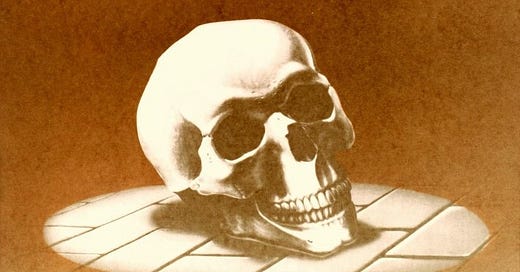Since my last work-related dispatch, I’ve published1 several new articles. Here’s the complete rundown.
Keep reading with a 7-day free trial
Subscribe to Oliver Bateman Does the Work to keep reading this post and get 7 days of free access to the full post archives.




